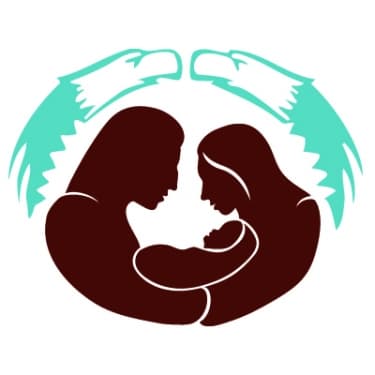Date Added: October 26, 2021
Focus Area: Mental Health Trainings
Material Type: Video
Audience: Community Members
Traumatic experiences have lasting consequences on physical and emotional health. Whether the negative experiences happened during childhood, as an adult, or were single or repeat experiences, traumatic events can cause anxiety, depression, and hypertension, potentially leading to heart attack or stroke, among other physical and emotional health issues. What are the impacts of historically anchored traumatic events over the course of several generations? Join us for a conversation on how historical and intergenerational trauma impacts Indigenous communities, and how Native strengths, culture, and resilience prevail in the face of injustice.
Melissa Walls, PhD (Bois Forte and Couchiching First Nation Anishinaabe) is Director of the Great Lakes Hub for the Johns Hopkins Center for American Indian Health and associate professor of International Health at the Johns Hopkins Bloomberg School of Public Health. Walls is a social scientist committed to collaborative research with Indigenous communities. Her involvement in community-based participatory research (CBPR) projects to date includes mental health epidemiology; culturally-relevant, family-based substance use prevention and mental health promotion programming and evaluation; and examining the impact of stress and mental health on diabetes.
